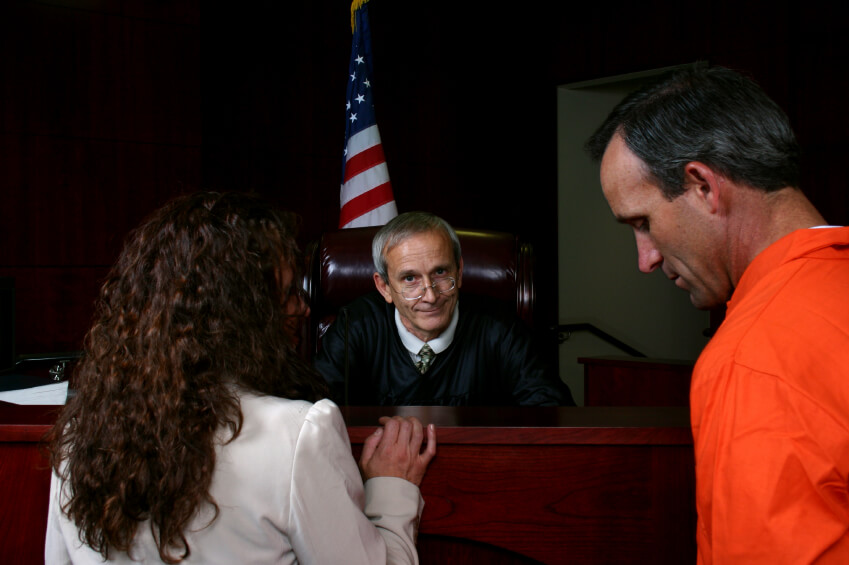When you are charged with a state crime in North Carolina, prior to the resolution of the case you may either be in-custody (in jail) or out of custody (not in jail). Generally, terms and conditions of release are set by a judge at the conclusion of a bond hearing. We go into detail about hearings on another blog, but there seems to be a misconception about how many times you can get a bond hearing. In this blog, we will discuss this. Like all our blogs, this is intended for general informational purposes only and is not intended as a substitute for the advice and counsel of a criminal defense attorney.
Initial bond hearings
Typically, you are heard on bond ONCE at each level of court – Magistrate Court, District Court, and Superior Court. The best way to explain this is by following an example on a hypothetical felony charge.
- Magistrate Court – You are arrested and brought before a magistrate and the magistrate sets an initial bond. At this stage you are not represented by counsel, but you can speak for yourself (though we advised against it). This occurs within hours of arrest.
- District Court – Although for the most part felonies end up in Superior Court, they start in District Court. While your case is in District Court you will have a formal bond hearing usually about 1-2 weeks from the time you case is in District Court. At that point you can have a lawyer represent you. After your bond hearing the judge can either lower the bond, leave the bond the same, or raise the bond.
- Superior Court – Typically bond hearings in Superior Court must be requested and are not automatically generated. When you get a bond hearing in Superior Court, the Superior Court judge can either lower the bond, keep it the same, or raise the bond (we are not referring to the bond that was set by the District Court judge).
You may not get a bond hearing at every level
There are times that a felony does not stay in District Court long enough to get a bond hearing there. Sometimes a felony can be indicted up to Superior Court within days. Typically, this happens when they prosecutor sends the case up to the grand jury. When this happens, you will get your Superior Court bond hearing, but you do not get a “bonus” bond hearing.
Getting another bond hearing in Superior Court
Once you have had your bond hearing in Superior Court, you have taken every bite at the apple that you will get. There are rare instances when you can get a second bond hearing in Superior Court but that would require a substantial change in circumstances. A substantial change in circumstances would require something extreme such as someone coming forward and admitting to the charged crime since your last bond hearing, a global pandemic that broke out after your first bond hearing, or some other significant factor. You cannot get another bond hearing just because you want one or just because you have been sitting in jail for a long time.
Criminal law is complicated and requires expert training and education. If you have been charged with a crime, hire a lawyer.

